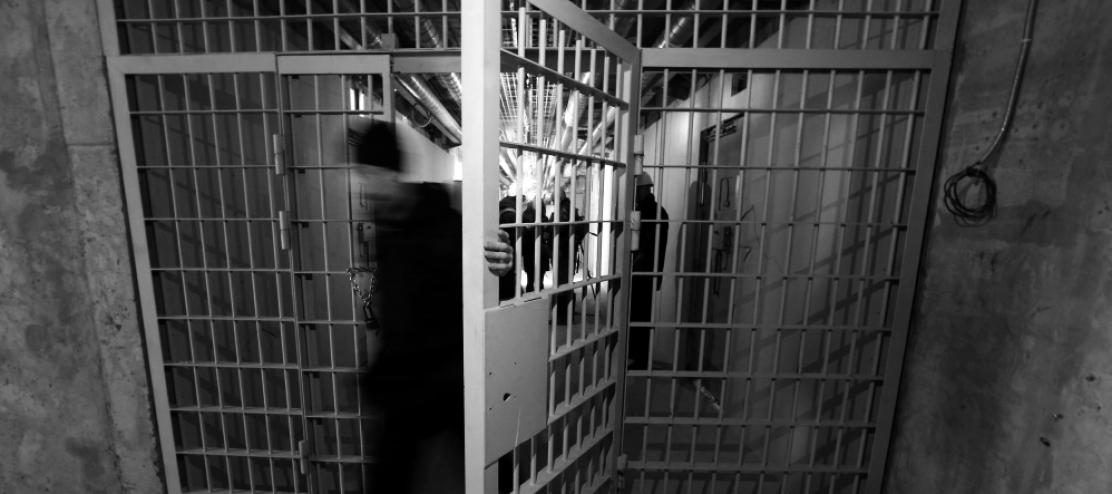What we do
∙ Monitor cases of unlawful, politically motivated criminal prosecution;
∙ Write about such cases as well as people who have been victims of political repression;
∙ Organise solidarity campaigns and events in support of political prisoners;
∙ Legally and financially assist victims of politically motivated criminal prosecution and their families.
Why we do this
FOR 1937 NEVER TO REPEAT AGAIN, PEOPLE NEED TO KNOW THE TRUTH ABOUT HOW THE INNOCENT WERE PERSECUTED BACK THEN
When Memorial was set up in 1988, its primary purpose was the rehabilitation of victims of political repression.
However, in the early 21st century, political repression yet again ceased to be a thing of the past.
Over the course of the years, the courts and investigation have become less and less independent, a whole series of new offences has been added to the Russian Criminal Code, the notion of extremism has been stretched almost beyond limit, and law enforcement practice has become ever more flexible in relation to criminal law and proceedings.
In today’s Russia, the political system and law enforcement practice undermine the constitutional principles of the separation of powers, independence of the judiciary, presumption of innocence, and equality before the law.
Legislation on terrorism and extremism is used not so much to fight real terrorists and extremists as to crack down on dissent.
Freedom of conscience, of expression, as well as freedom of assembly, and of association have been constantly violated in Russia.
ANY INDEPENDENT CIVIC ACTIVISM CAN BE REPRESSED
Frequently, criminal charges are brought against activists either because of their civic activity or to prevent that activity.
The grounds for criminal prosecutions are frequently fabricated by law enforcement agencies. Courts prefer not to take into account the defects of criminal investigation. Convictions are planned even before the start of court hearings. Punishments are often disproportionate to offences committed and charges levelled against the defendants.
In many cases, activists are deprived of liberty unlawfully and without grounds. They may be held in detention for many months and even years.
The logic of repressions is clear: ever more new ‘spies’, ‘extremists’, ‘terrorists’, ‘hooligans’, and ‘troublemakers’ allow the security services to report on their efficiency and permit the state propaganda to effectively control society.
That is why, in the summer of 2008, Memorial Human Rights Centre, in collaboration with the Union of Solidarity with Political Prisoners and the Civic Assistance Committee, launched the Programme for Support of Political Prisoners and Victims of Unlawful Criminal Prosecution.

